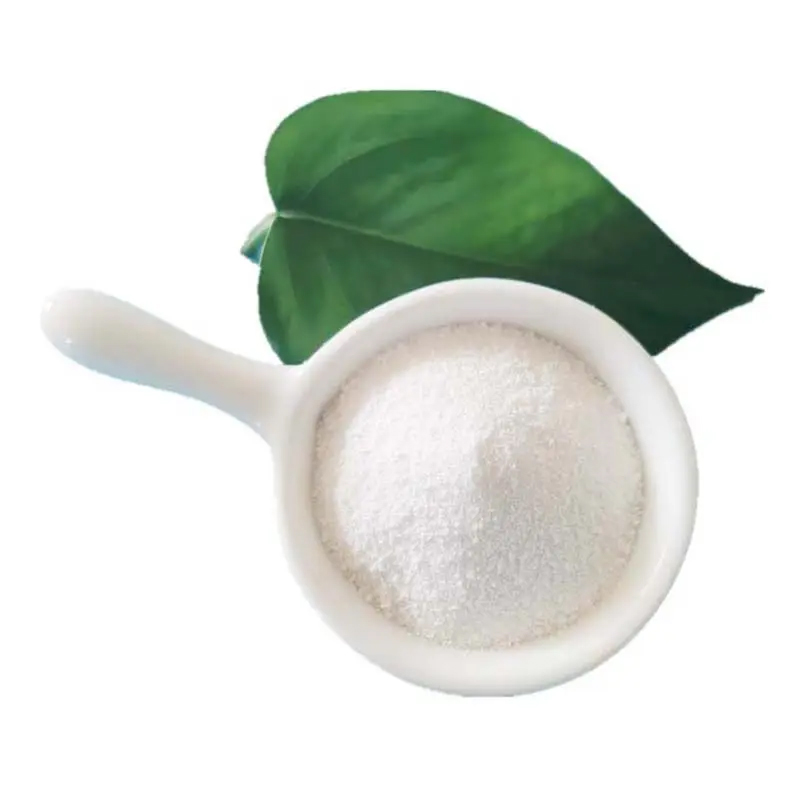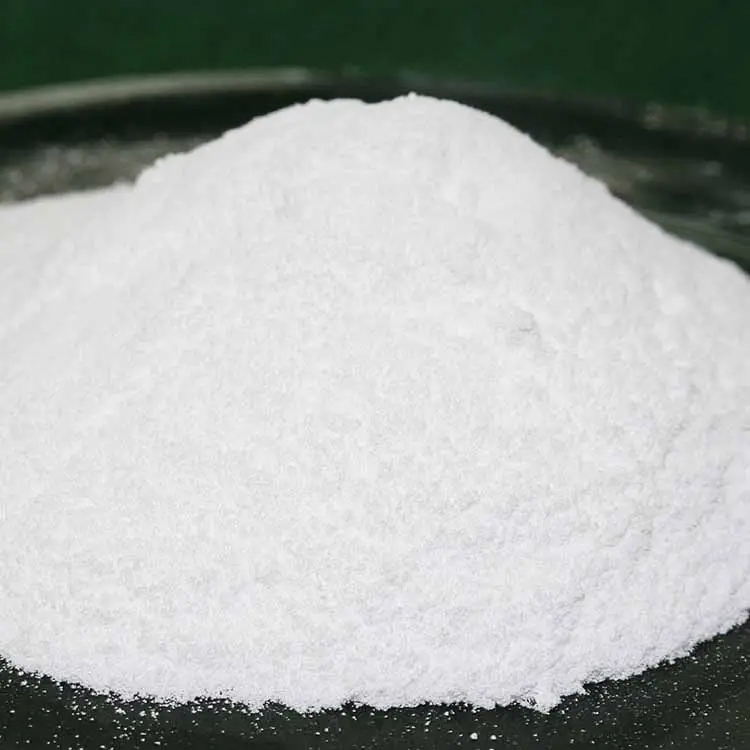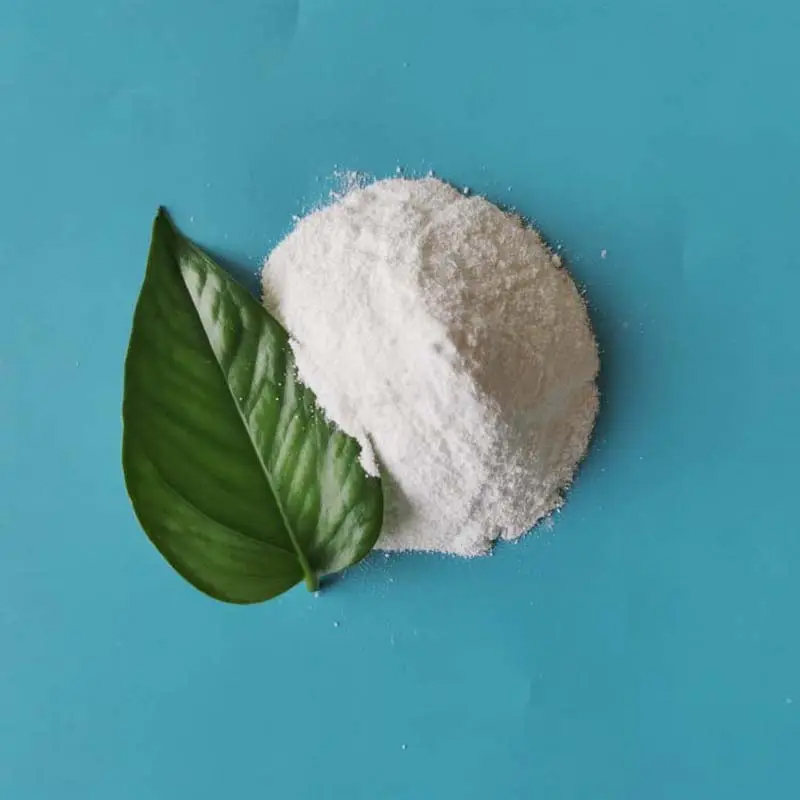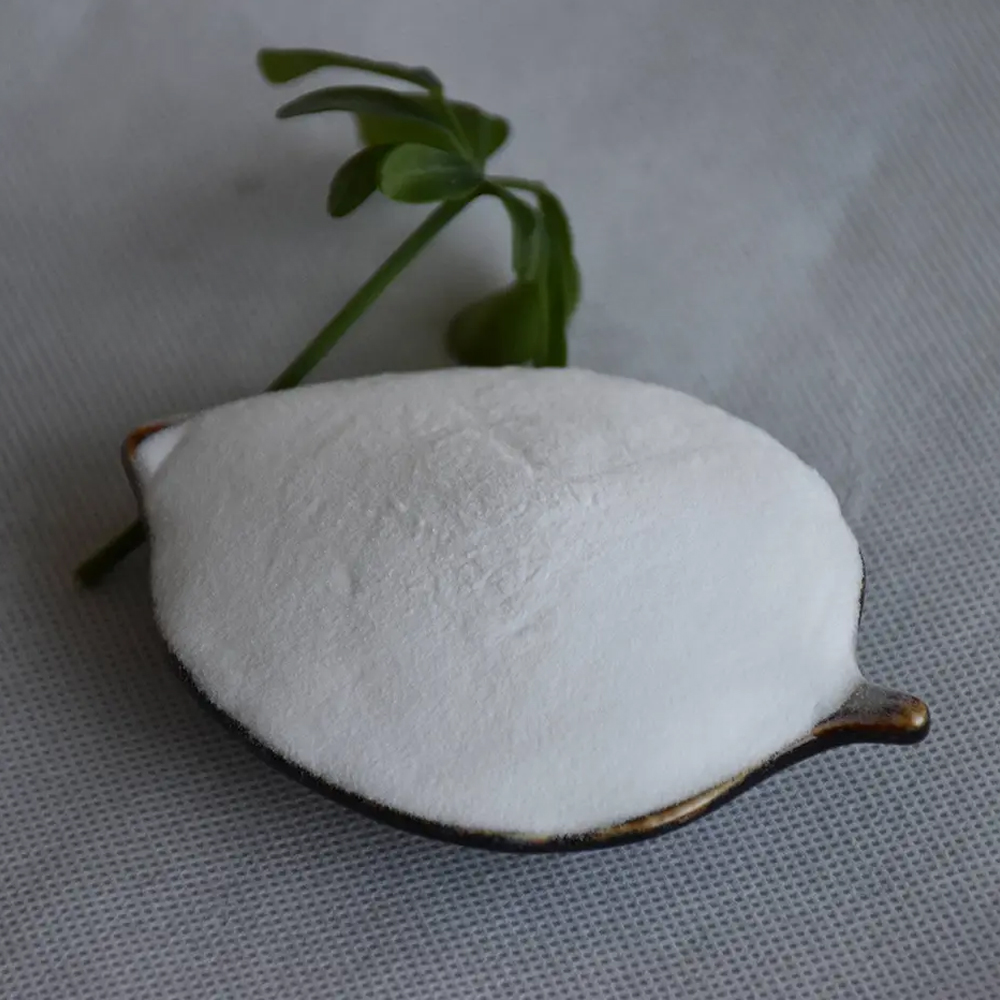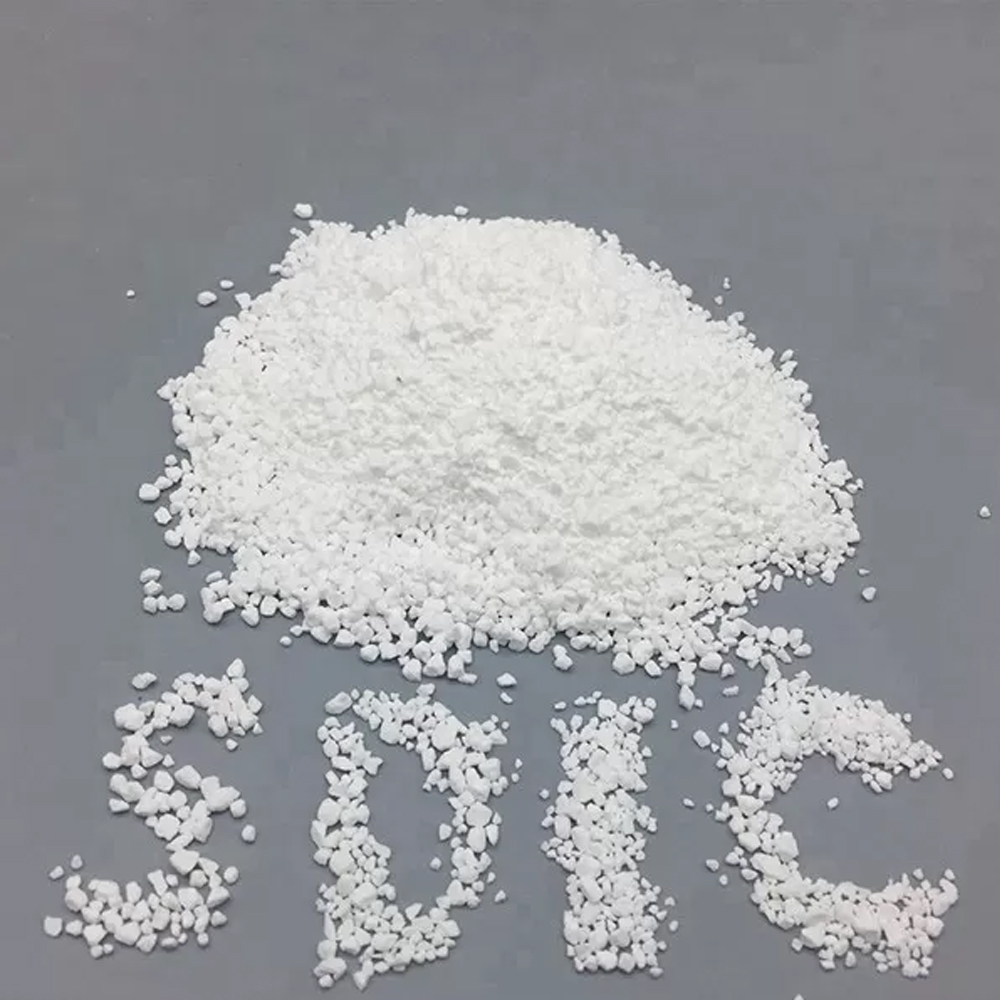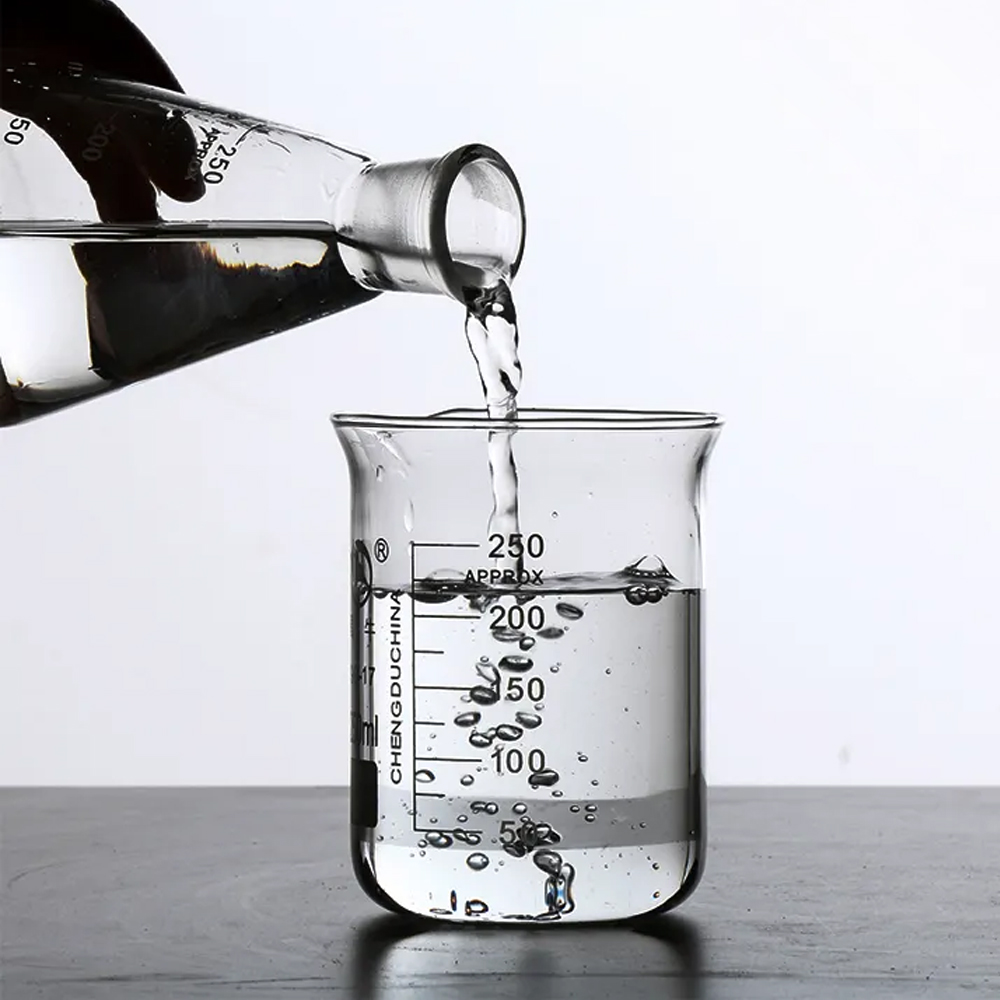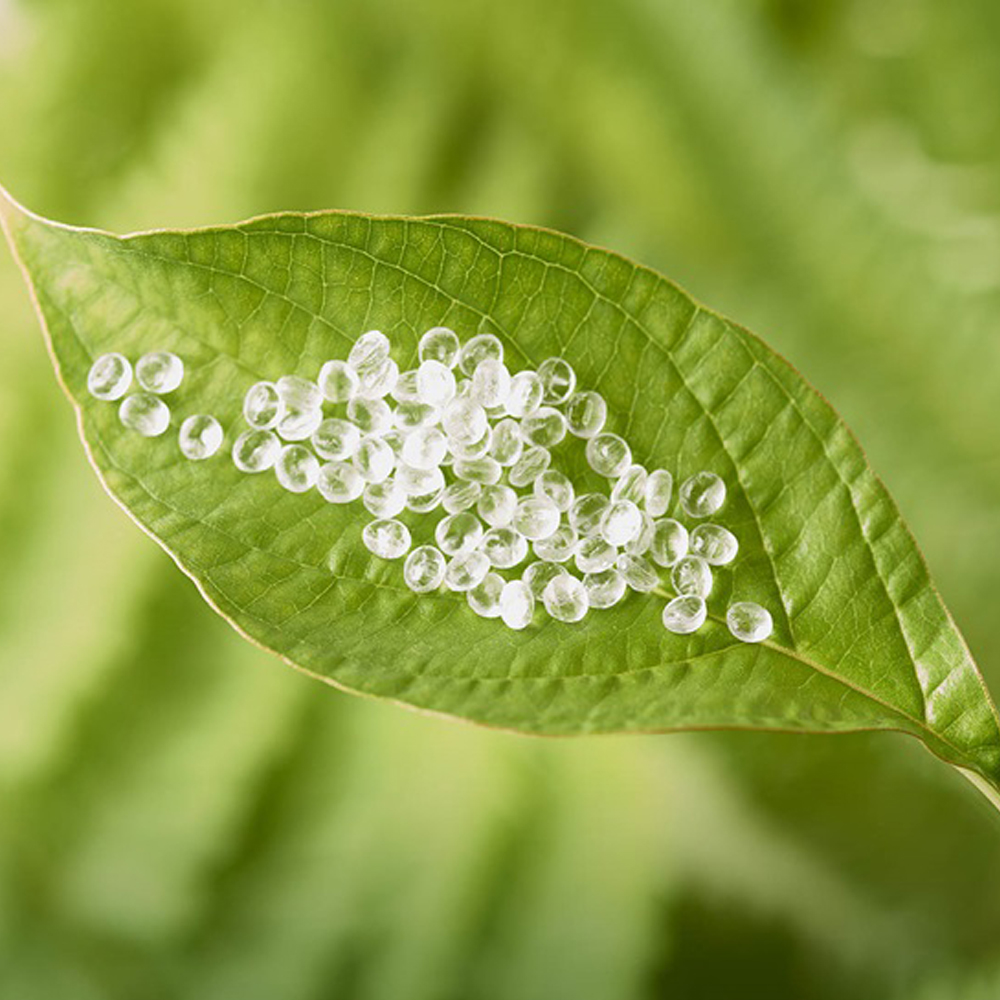
All You Need to Know About Polylactic Acid (PLA)
Polylactic acid, commonly referred to as PLA, is a renewable and organic thermoplastic monomer derived from sources like corn starch or sugar cane. Unlike most plastics that are produced from fossil fuels through petroleum distillation and polymerization, PLA production utilizes biomass resources.

